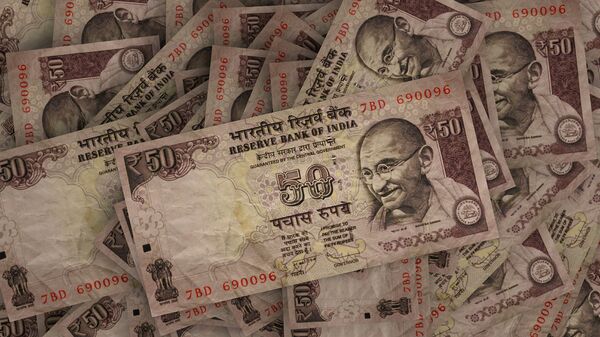The Lok Sabha, the lower house of the Indian parliament, has approved the Direct Tax Amnesty Bill, which aims to mop up government revenue by settling tax litigation cases pending at various Indian courts.
The bill, titled "Vivad se Vishwas", will now go on to the Rajya Sabha, the upper house, for consideration and passing as part of the process to become a law.
Indian Finance Minister Nirmala Sitharaman announced the tax amnesty scheme in the budget for 2020-21, which was tabled in the parliament on 1 February. The bill, giving effect to the scheme, was tabled in the Lok Sabha on 5 February and aims to unlock revenues worth $131.26 billion stuck in tax litigation over the past several years.
To put this in perspective, the amount stuck in litigation is 82 percent of the total corporate tax and personal income tax collected in the financial year 2018-19 (April 2018-March 2019) at $160.78 billion. The amount, or a chunk of it, settled out of court will provide a major relief to the government, Finance Ministry officials believe.
An official close to the development said, “We hope to resolve a major sum of the litigated amount under the scheme. It will be a huge relief for the government on the fiscal front”.
According to the Direct Tax Vivad se Vishwas Bill, if a tax payer opts to settle the dispute under the scheme before 30 March, he will have to pay only the amount of the disputed tax in place of the aggregate amount of the disputed tax, interest, and penalty.
In case the arrear relates to the disputed penalty or interest, the taxpayer can make a settlement by paying 25 percent of the disputed amount before 30 March or 30 percent between 1 April and 30 June.
The Bill covers all income tax litigation cases going on in the Supreme Court of India, High Courts, or income tax appellate tribunals. Certain amendments to the bill were approved by the Indian Cabinet to widen the scope of the legislation on 12 February.



